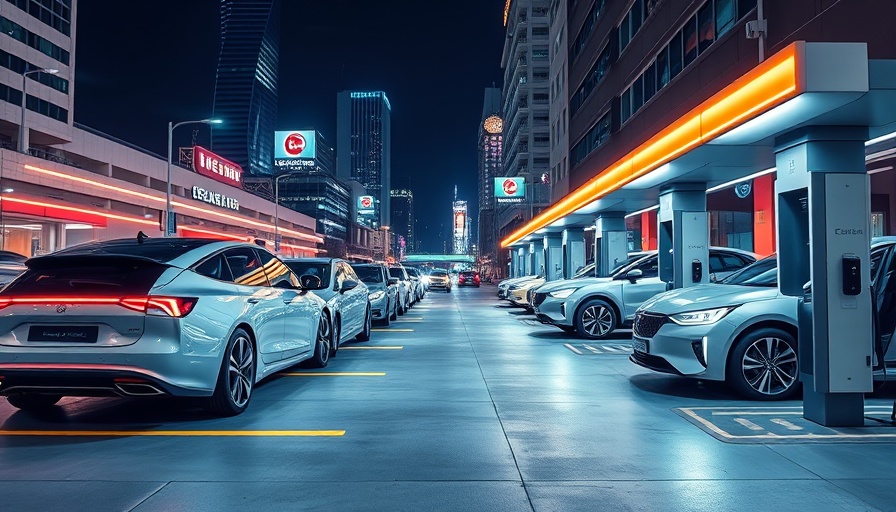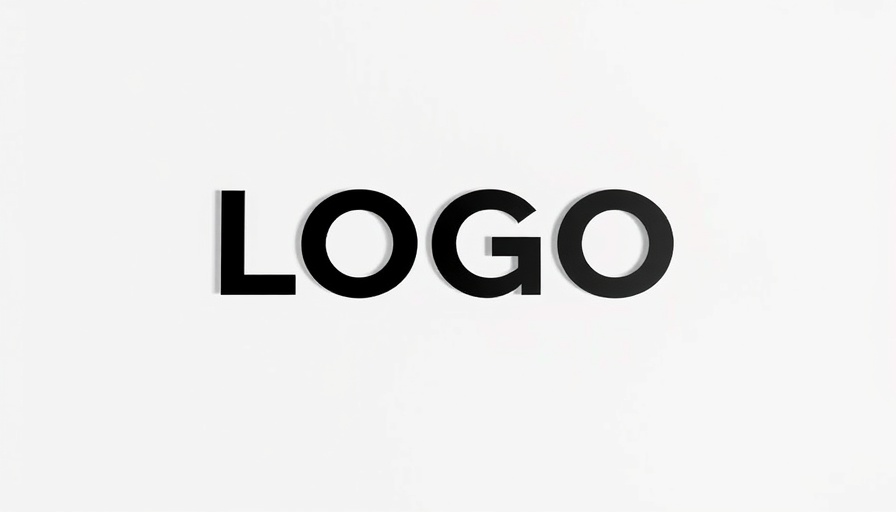
Improving Sentiment for Electric Vehicle Owners
The latest findings from the 2025 U.S. Electric Vehicle Experience (EVX) Ownership Study by J.D. Power reveal a notable uptick in satisfaction among electric vehicle (EV) owners, countering a dip observed in 2024. With a market share increase to 9.1% in 2024 from 8.4% the previous year, this positive sentiment is accompanied by the introduction of more affordable mass-market models. Top performers include the BMW iX, renowned for its premium features, and the Hyundai IONIQ 6, leading in the mass market segment.
Coping with Uncertainties: The Role of Education
Although owner satisfaction is increasing, uncertainty lingers due to potential cuts in government incentives for electric vehicles and public charging infrastructure. Such changes could significantly impact the price points and availability of EVs. Brent Gruber, executive director at J.D. Power, stresses that 69% of first-time buyers are receiving some form of education during the purchase process. However, only 12% of them receive training on the total cost of ownership, which signifies a critical gap in consumer knowledge that dealerships must address.
This lack of education can complicate the ownership experience, as first-time EV users struggle to understand essential aspects such as battery range and charging logistics. Enhanced educational initiatives by dealers and manufacturers can lead to improved ownership experiences and greater satisfaction.
Quality Matters: Mass Market vs. Premium EVs
The quality of mass market EVs continues to outperform that of premium models, reflecting the evolving landscape of electric mobility. The study identified that seven out of the ten models with the fewest reported issues were mass market vehicles, highlighting a critical trend that consumers are beginning to favor quality and reliability in more budget-friendly options.
Interestingly, satisfaction levels have improved for owners of mass market vehicles, with figures rising to 396, drastically narrowing the gap with premium owners, who reported scores averaging 551. These improvements come amidst ongoing efforts to expand public charging networks and enhance vehicle performance.
Commitment to Electric Vehicles
Perhaps the most remarkable insight from the J.D. Power study is the strong repurchase intent among EV owners. An impressive 94% of respondents expressed the likelihood of considering another electric vehicle for their next purchase. This commitment demonstrates a capacity for manufacturers to develop brand loyalty among customers.
In a market where trust and satisfaction weave together foundational elements of consumer behavior, the loyalty from current EV owners signals a promising future for ongoing EV sales, despite the looming uncertainty regarding incentives.
Conclusion: Navigating the Future of EV Ownership
As the market for electric vehicles evolves, education will play a fundamental role in ensuring consumer satisfaction and long-term growth. With production ramping up and more models available, dealerships can capitalize on this momentum by offering comprehensive education on EV ownership. In an industry marked by innovation and change, engaging effectively with customers could dictate the fate of dealerships in the electrifying era of automotive transportation.
 Add Row
Add Row  Add
Add 

 Add Row
Add Row  Add Element
Add Element 




Write A Comment